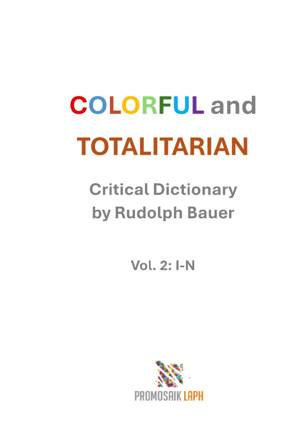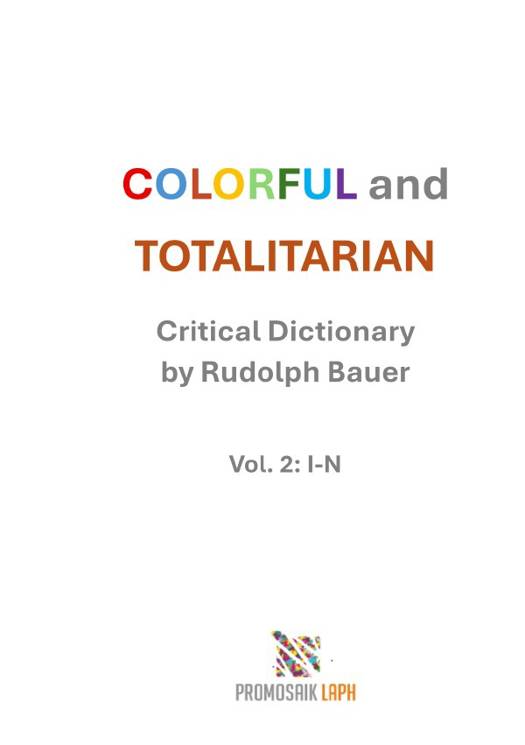
- Afhalen na 1 uur in een winkel met voorraad
- Gratis thuislevering in België vanaf € 30
- Ruim aanbod met 7 miljoen producten
- Afhalen na 1 uur in een winkel met voorraad
- Gratis thuislevering in België vanaf € 30
- Ruim aanbod met 7 miljoen producten
Zoeken
€ 15,95
+ 31 punten
Uitvoering
Omschrijving
The dictionary - Vol. 2: I to N - contains as keywords numerous terms, designations, names of persons and organizations, historical references, the reference to laws and a criticism of the normality of horror. It describes developments, establishes connections, refers to threats, reveals backgrounds and connections, questions and allows new discoveries to be made. And it clears up.The dictionary can make the reading of many books superfluous. However, the contributions and the bibliography can also be used as a chance to deal in more detail with the respective topic. Generally speaking, the keyword articles may encourage you to deal more thoroughly with one or the other topic, to research it yourself and to delve deeper into it. The articles on the keywords briefly reflect the current state of knowledge and research. In this manner, it is possible to grasp the various, even overlapping, connecting lines of a conceptual, institutional and personal nature in the whole breadth and complexity of what is happening - and in their enormity, not least as far as the open and underground references to historical National Socialism and fascism are concerned.The keywords of the dictionary are of a so-called "action-theoretical" importance. What remains below the surface of what is visible and recognizable is the overall structural context as analyzed and presented by Karl Marx in his "Critique of Political Economy". The changes in political and economic terms are evident in the renewed, post-neoliberal interlinking of state and economy. This can be seen in the context of the political preference for certain industrial sectors, in view of the privatization and commercialization of the public service sector (social, educational and health care), with regard to changes in agriculture and food production, in the deterioration of living conditions, as well as in the context of the devastation caused by wars and in anticipation of the future reconstruction.
Specificaties
Betrokkenen
- Auteur(s):
- Vertaler(s):
- Uitgeverij:
Inhoud
- Aantal bladzijden:
- 184
- Taal:
- Engels
Eigenschappen
- Productcode (EAN):
- 9783565018147
- Uitvoering:
- Paperback
- Afmetingen:
- 148 mm x 11 mm
- Gewicht:
- 244 g

Alleen bij Standaard Boekhandel
+ 31 punten op je klantenkaart van Standaard Boekhandel
Beoordelingen
We publiceren alleen reviews die voldoen aan de voorwaarden voor reviews. Bekijk onze voorwaarden voor reviews.







